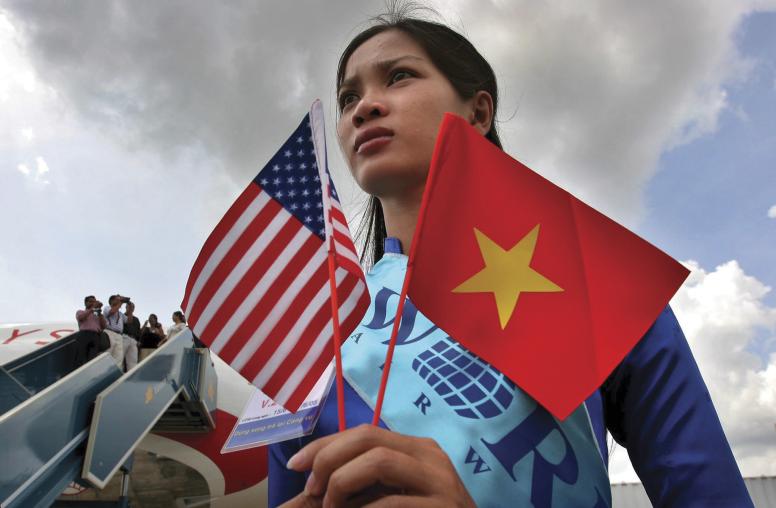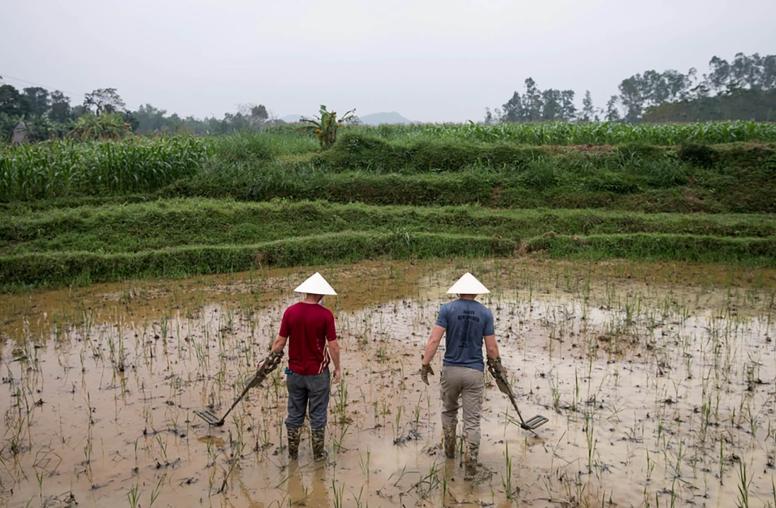Learning from U.S.-Vietnam Cooperation on Wartime Remains Recovery
How Vietnamese and Americans are Working Together to Account for Missing Personnel from the Vietnam War
Read the event coverageThe U.S. and Vietnam have cooperated since 1985 in seeking the fullest possible accounting of the 1,973 Americans listed as missing in action (MIA) at the end of the war — the first major step towards normalization of U.S.-Vietnam relations. In 2021, after years of information-sharing, the U.S. Department of Defense and Vietnam’s Ministry of National Defense launched a joint program to expand Vietnamese efforts to account for the estimated 300,000 Vietnamese personnel who remain missing.
English
Vietnamese
Accounting for missing personnel is an essential component of postwar reconciliation and building a secure peace. With support from Congress, USIP launched the Vietnam War Legacies and Reconciliation Initiative in August 2021. The initiative supports reconciliation between the U.S. and Vietnamese governments and peoples, as well as among Vietnamese inside and outside the country, and aims to document and promote the ongoing cooperation to address legacies of war as the basis for a comprehensive partnership build on trust and shared interests.
On December 2, USIP held a discussion that looked at U.S.-Vietnam cooperation in the search for, and identification of, wartime Vietnamese remains along with personal stories of Vietnamese families who lost relatives in the war.
Take part in the conversation on Twitter with #USAVietnam.
Speakers
Ambassador George Moose, welcoming remarks
Chair, Board of Directors, U.S. Institute of Peace
Kelly K. McKeague
Director, Defense POW/MIA Accounting Agency (DPAA)
Sr. Col. Đoàn Quang Hòa
Deputy Chief of Office, National Steering Committee 515
Hải Nguyễn
Director, Global Vietnam Wars Studies Initiative, Harvard University
Tim Rieser
Foreign Policy Aide to U.S. Senator Patrick Leahy
Thảo Griffiths
Independent Consultant on War Legacies, Hanoi
Hoàng Thanh Nga
Deputy Chief of Mission, Socialist Republic of Vietnam to the United States
Andrew Wells-Dang, moderator
Senior Expert, Vietnam, U.S. Institute of Peace



